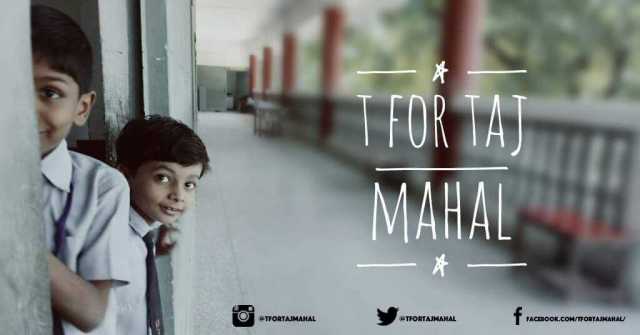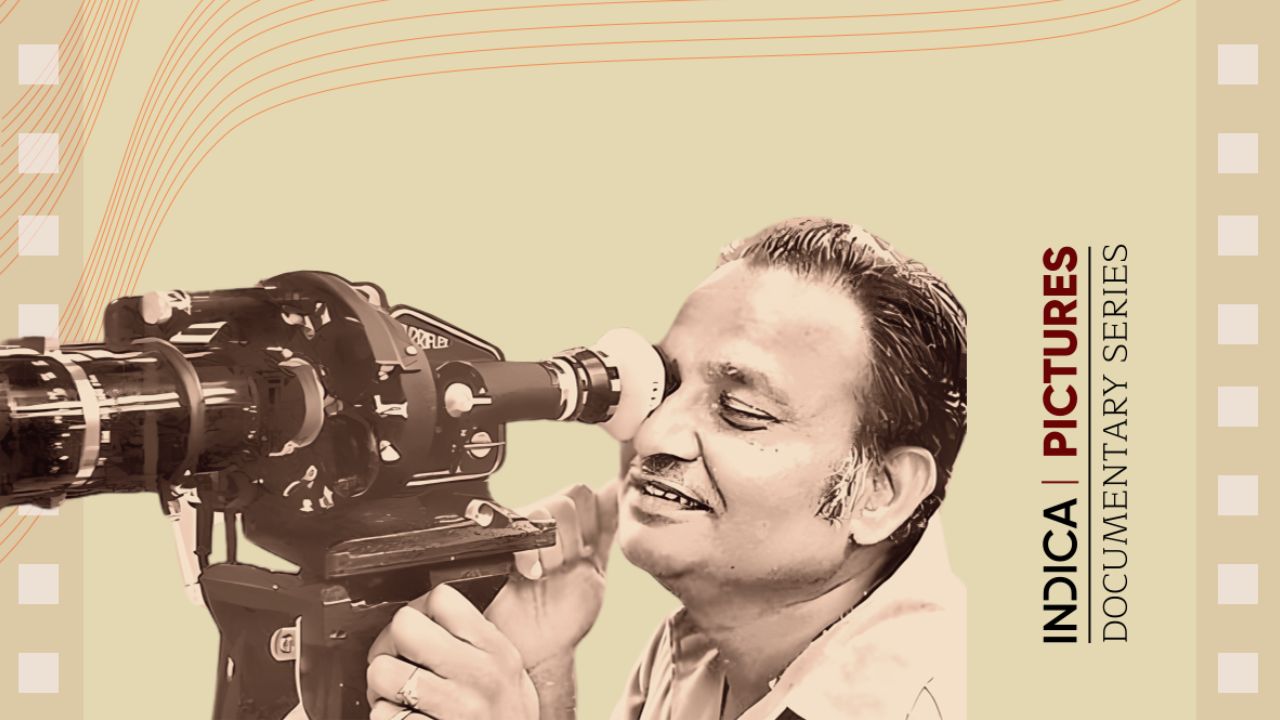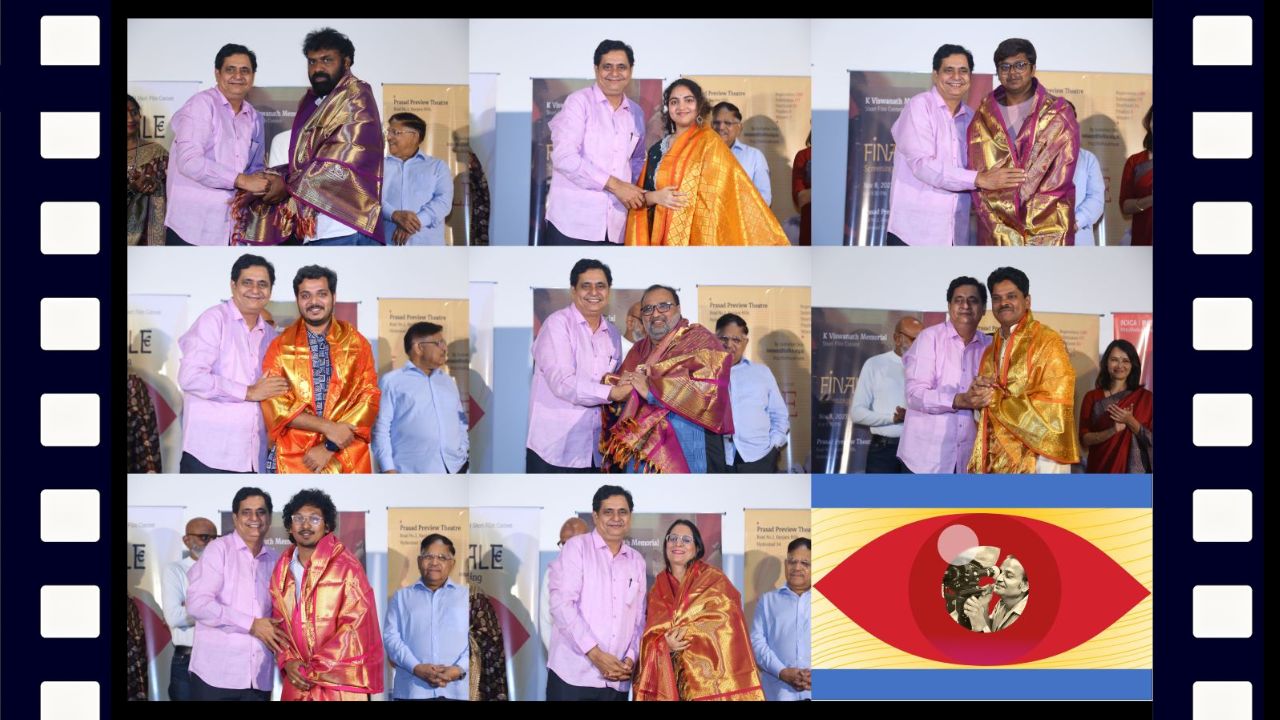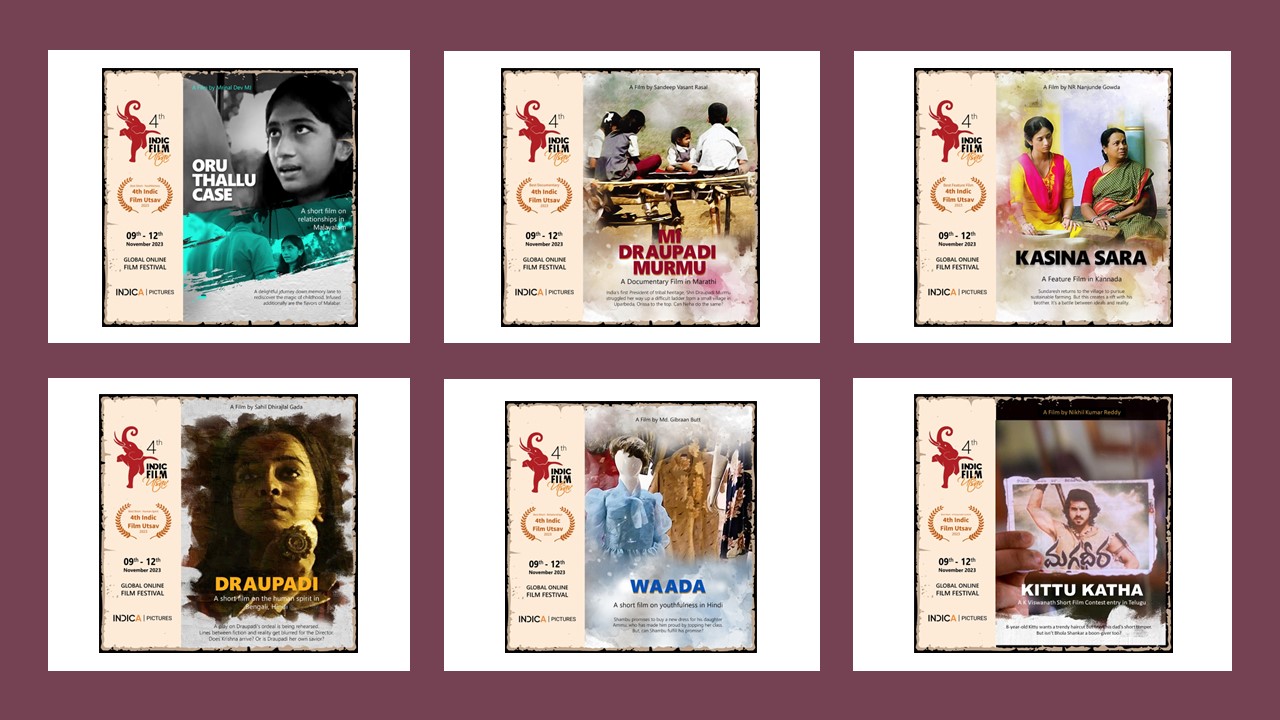T for Taj Mahal by Kireet Khurana is the winner of 7 International Awards and 25 official selections world over. It was Kireet’s first directorial film, not his own story but that of his late producer Abis Rizwi who died in a terrorist attack in Istanbul. Kireet was already in the social space and moved out of the film cocoon in Mumbai to traverse villages around Agra where the story is based. He wanted to move closer to the ‘disenfranchised’ with the story where a villager starts a dhabha and asks the tourists buying his food, to pay by teaching the children of the village.
The children were cast from a local school, with auditions done to choose those who were “assertive” and not “scared of the camera”. Kireet has said that there was an imperative to cast locally so as to convey the flavor of the place and the situation.
Kireet is committed so making films for change. His 2015 film Komal was widely acknowledged as the most defining film ever made on child sexual abuse. The film was made compulsory viewing by the Governmen of India in schools. It has been screened in schools and seen by more than 200 million children in India. It has been dubbed in 15 Indian languages 30 international languages.

What were the major influences in your life which shaped your film career? Your father Bhimsain ji was a doyen in this space. What were his influences?
My father Bhimsain (https://www.youtube.com/watch?v=s0g1-SlceD4 ) was a fine arts graduate and a trained classical musician. He was multifaceted and industrious. Starting with humble background, he went on to win 16 National Awards for his works besides many other international awards. Given the environment at home and the fact that he was an Indian animation pioneer, it was but natural that he was the strongest influence in my life in the initial years. Subsequent to which I joined the prestigious Sheridan College, Canada where I did a 3 year filmmaking program specialising in animation. Apart from this, I took to reading philosophy at an early age, and J Krishnamurthy’s books were a significant influence in shaping my thoughts and ideology.
Your films nudge the audience towards social issues and subjects. What are the cinematic devices most powerful in communicating this?
Ever since I graduated from Sheridan College and started working, I have been making films on various social causes with National Film Board of Canada, UNICEF international and many UN bodies apart from others. They are an extension of me. The medium, whether animation, live-action, docu-drama, or fiction feature is a method is unique to each film as the script demands that specific treatment. I am blessed that we have proficiency in each of these areas and are able to pick and choose how we want to narrate our film without any limitations.
What is the state of script writing in India? How can one train to put together the various elements that go into film making. You have both a family background as well as an educational one. What would you advise to look out for when venturing into films?
Films are a very crowded space. With more and more emerging talent coming into the space each day, its getting tougher to survive and succeed. Apart from training, I would advise the youngsters to cultivate a strong network, try work with the best and most importantly be extremely patient as results won’t be coming soon. It’s a tough battle out there and only the one with the right temperament will come on top.

T for Taj Mahal is a powerful film, taking its name from a popular monument. What made you choose this name and how did you plan to juxatopose your story arc with the popular destination?
The basic 2 page story of T for Taj Mahal and title was already done when I entered the project. I am credited with co-writing the entire script/screenplay and Directing the film. When I read the basic story, I was excited with the possibility of the film, but to develop the script I had to spend 6 months in the rural areas with the co-writer to understand the milieu, texture and nuances of the hinterland. It was an enriching and exciting journey.
What were the special moments in the film that were difficult to shoot but were truly impactful?
I think the most difficult moment came in after the shoot. As soon as we were going into the post-production, we lost our beloved producer – Abis Rizvi in a terrorist attack in Istanbul where he was holidaying. It was very tough to finish the film without him and sell it. Happy to share that the film has been picked up by Salman Khan Films and they will be releasing it soon.





